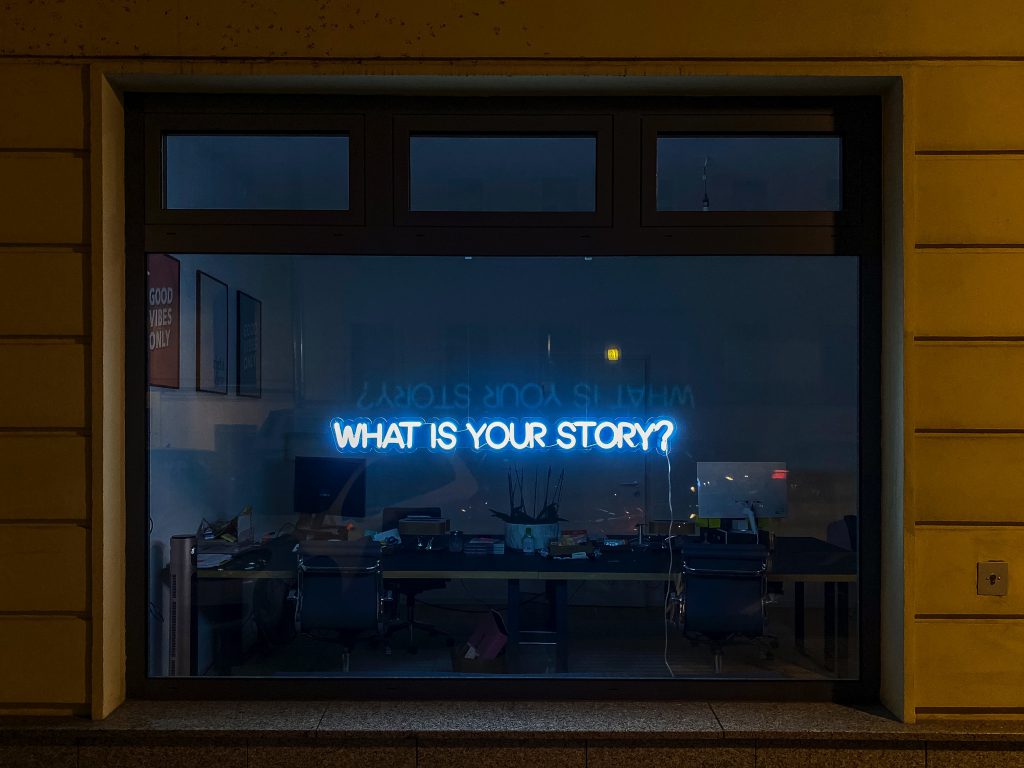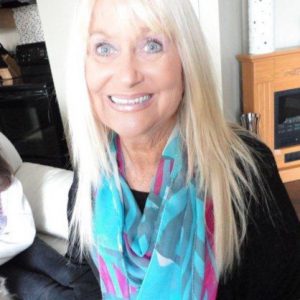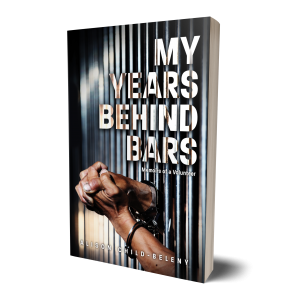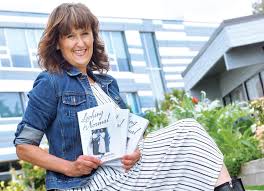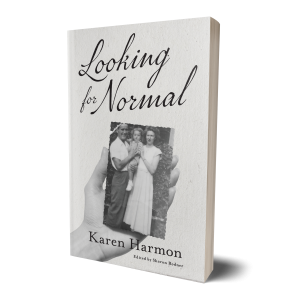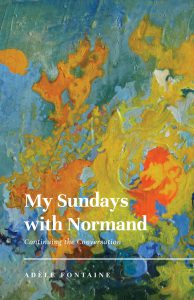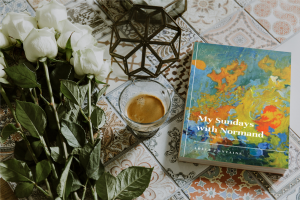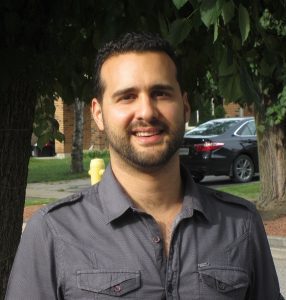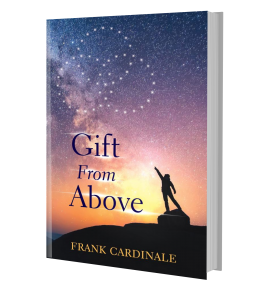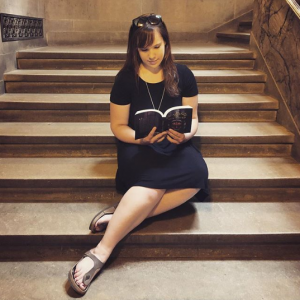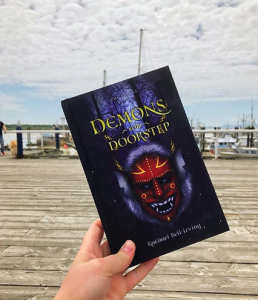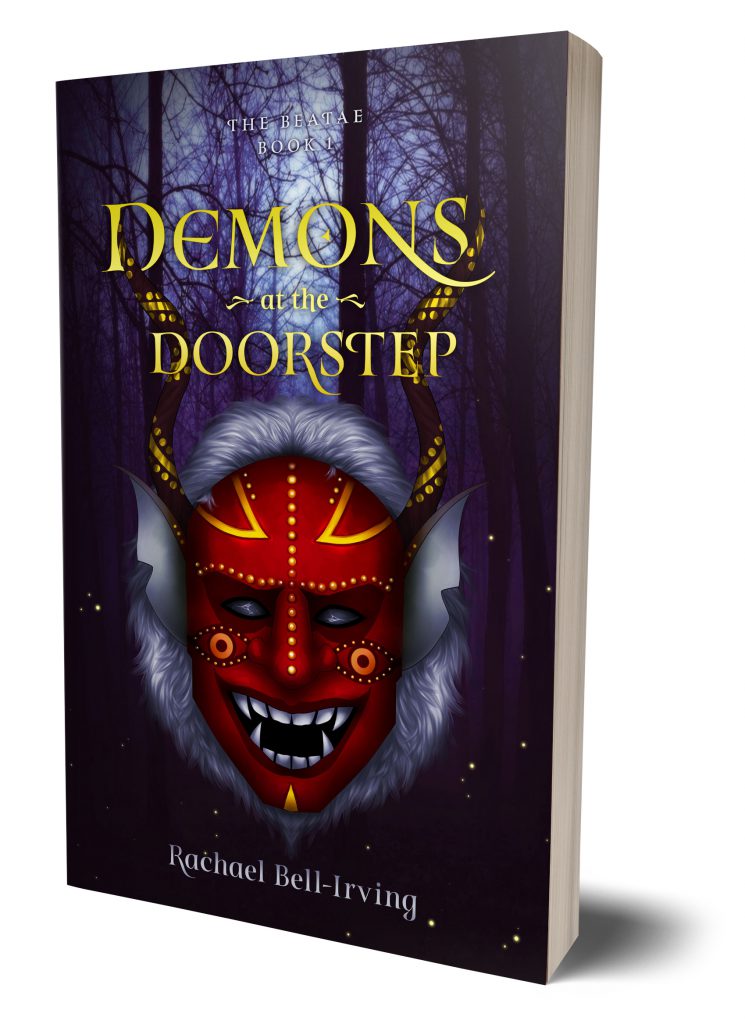Tellwell Triplets: Robert McBryde Discusses Giving Birth to the Same Book Three Times
This is a guest post by Tellwell author Robert McBryde
My publishing experience with Tellwell has been unique: I’ve witnessed three radically different versions of the same book emerge squalling and wailing into the literary universe and collaborated with three different “midwives.”
My book is available in English, in French, and in audiobook form, and I translated the original English book into French myself.
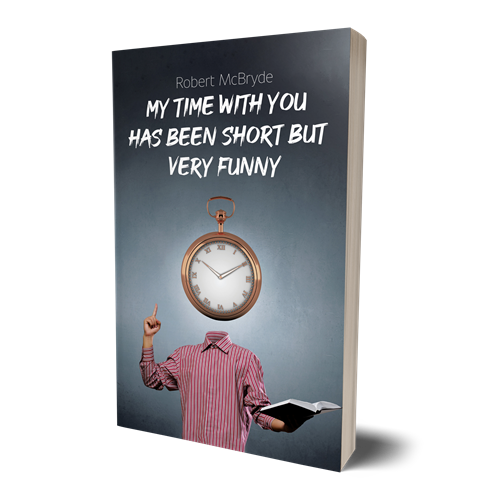
Let’s imagine an interrogation of an author who has reached these heights of folly . . .
What inspired you to write the book in the first place?
The introductory vignette of my book and the very first tale addresses exactly this question!
I worked as a radio writer/broadcaster for the Canadian Broadcasting Corporation in Quebec City, Canada, for 10 years, between 1987 and 1997, honing storytelling skills through a weekly recounting of personal and often satirical tales of everyday life, which a number of listeners urged me to publish. My Time with You Has Been Short but Very Funny is a belated response to those requests and includes an array of freshly minted humorous and edgy sketches besides.
The book, my first, was prompted by a sense of urgency. I feel like my own shelf life is about to expire!
Over the last several years, and particularly since I reached the age of 70 nearly three years ago, I’ve become acutely aware of how little time I have left before disappearing like an evanescent soap bubble. Pop! Gone! Moreover, the surreal dystopia that suddenly emerged full-blown from the depths of a preternatural realm of nightmare in March 2020 has served to foreground the haunting fragility and fleeting nature of life itself.
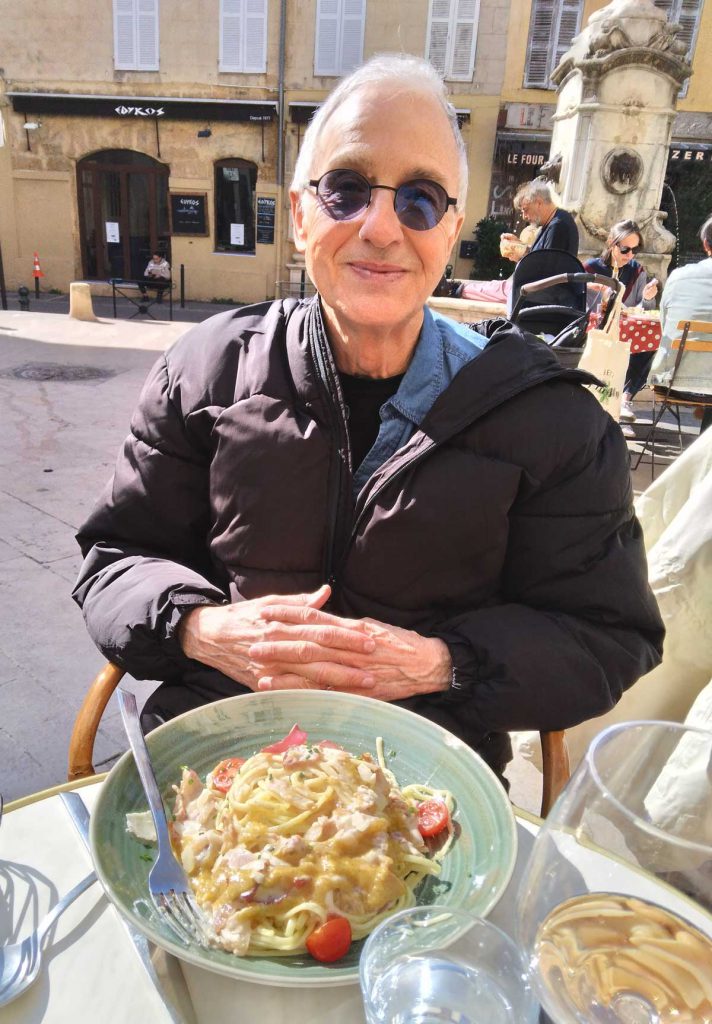
These days, each time that I listen to a favourite piece of music, re-watch a beloved film, or re-read a personally meaningful book or article, I’m acutely aware that this may be the last time around. A bizarre and unsettling experience, which is both profound and strangely banal.
Memories are of course consciously prompted by a sort of mental rewind button, or arrive on their own, stimulated by sights, sounds, or smells. Rewinding memories and sharing them with readers—who may discover all sorts of affinities—is part of my ritualized last lap.
I’m a former college teacher and I once had a student who declared at the end of term, “My time with you has been short, but very funny.” This statement, made in passing, has come to summarize my earthly existence and was a logical choice for the title of my book. A fitting epitaph as well!
Last but not least, I’ve written this book as a legacy work for friends and family, most of all for my two clever and witty sons, Dan and David, and for Anne, my kind and gentle wife of nearly 45 years.

Why did you translate your book into French?
“You need your head examined,” my father used to tell me. ”You’re a devil for punishment.” It’s true that the fabric of my life is woven with multitudinous strands of inexplicable masochism. So often I love what makes me miserable and I’m miserable doing what I love. Acting, teaching, radio broadcasting and storytelling, social activism, translating . . .
Take translation . . . please. Specifically translation of idiomatic creative writing.
I relish the challenges inherent in striving to render what is ineffable, an ultimately futile attempt to transpose a verbal repository that holds an unassailable otherness. And yet these same challenges drive me bananas!In my pea brain, ambivalence not Brittania rules the waves.
When I set out to write My Time with You Has Been Short but Very Funny, the masochistic demon lodged within my scarred psyche pushed me to translate each sketch into French.
I was soon lost in translation with not one, but two books on my plate. Of course, the need to have the French version of the book revised by a Francophone professional became readily apparent. Fortunately, my younger son is a professional translator, educated in French. He had time to do some quick revising.
And I was so fortunate to be able to call on the services of a brilliant French language wordsmith, Hélène Charpentier, for deep revision. Translating this book was a true labour of love. And collaborating with Hélène, a brilliant editor, was an extraordinary privilege.
What are a few of the challenges of translating this creative work, or any other?
Let’s start with the title. Hélène and I first struggled to find an appropriate rendering of the book’s title. Hélène’s daughter suggested it, and we settled on, My Time with You Was Brief but Hilarious.
A title with an idiomatic flair! I had originally put forward a much more banal rendering: The Time I Spent with You Was Short but Very Amusing. In comparison to Hélène’s, my suggestion went down the proverbial hatch like a lump of undigested porridge!
Finding the author’s voice (Hélène’s French comments with my English summary underneath):
Hélène: You know, since I already told you, I really enjoyed doing this work. I really appreciated the subtlety of your style, your humour, and this incredible self-deprecation.
One of the first challenges: respecting this very particular spirit which emanates from your words; sometimes I had to think about whether what you had written was “correct” French, because sometimes you used unusual expressions, but which characterize your original personality well.
Hélène says here that during the revision process, she tried to respect my narrative voice, including the pervading tone of self-deprecation. It’s only in writing this book that I discovered that I had such a voice, and when translating the book I feared that the voice would vanish like the chirping of a lone sparrow at the onset of winter darkness.
Wordplay
Hélène: Another challenge: finding French expressions to make a pun identical to the English one.
Hélène was faced with the unenviable task of finding equivalents for puns and other wordplay, as was I when translating the texts.
Example: The title of a vignette, “Reigning Cats and Dogs”—In English, it’s excellent. You translated it donner sa langue au chat (give your tongue to the cat), as if you really wanted to keep the word “cat,” but it didn’t really have any connection with what you wrote afterwards. In French, I couldn’t find an identical pun, so I put les chiens ne fait pas des chats (dogs don’t make cats), but obviously we lose the touch of humour.
“This bird was for the birds” means nothing if you translate it verbatim. But I think that une cervelle d’oiseau (a bird brain) translates what you mean quite well while being a typically French expression.
“Youth hostile.” In English, the pun is excellent. In French, auberge de vieillesse is not bad, but we don’t find the same pun as in English between “hostel” and “hostile.” I haven’t found a better one. I’m still looking . . .
Hélène describes here the impossible challenge of dealing with wordplay, including puns and authorial inventions. For example, “youth hostile” is a play on youth hostel, because in the instance described in the story the hostel was indeed hostile to youth! There’s simply no way to capture that in French.
Idioms from Quebec and from France
Hélène: Another challenge: linguistic differences from one country to another, that is to say, in our case, checking that the expressions you used were more suited to France than to Quebec, or vice versa. I put a comment in the margin each time. Example: “shopping,” avoir les chocottes, etc.
Hélène is referring here to the fact that I tended to mix expressions from Quebec with expressions from France, which are not necessarily mutually understandable.
Cultural references
Hélène: Another challenge: cultural references. Any good translator must be highly cultured, right? Unfortunately, I didn’t quite catch your allusion to “Britannia.” I’m sorry!
“Cosmic muffin,” which means nothing to a French-speaking audience. Well, not to me, at least . . .
“Miltonic Hades.” It’s okay for Hades, but “Miltonian” won’t be understood by all audiences . . .
“Hairy Thunderer.” You translated “hairy” as poilu, but it seemed to me that barbu was more appropriate because I could clearly see the image of the angry god with his big beard, and I found that poilu didn’t sound right in French. Question: does barbu accurately translate what you meant?
I had trouble with “trespasses,” because in English the link is perfect between “trespassers will be prosecuted” and “forgive us our trespasses,” but in French this is not the case at all!
“A true hit of Father.” It sounds so good in English, but in French I couldn’t leave a “veritable dose” . . .
“Lather, rinse and repeat supplication time.” Not easy for me to guess the allusion to laundry or shampoo, so I don’t know if what I put corresponds to your thought, but in French l’heure de la mousse, du rinse, etc. didn’t mean much.
“Leaving the proverbial frying pan.” In French, la poële à fritre doesn’t mean much.
Here Hélène lists images and references that cannot be translated, or simply don’t resonate with a French-speaking readership. In short, my book is jam-packed with cultural baggage that I want so much to share with Francophone readers, but which sometimes get lost in translation.
But thanks to Hélène’s splendid suggestions and clever solutions, the French version of the book contains riches I would never have dreamed of.
You can order the French version of My Time with You Was Short But Hilarious is now available to order via this link.
Your masochistic proclivities reached an apex when you decided to have Tellwell produce an audiobook version of My Time with You Has Been Short but Very Funny. What on earth could you have been thinking?
The genesis of the audiobook is twofold. Firstly, I have a wonderful friend by the name of Kelly Edmison who swears by audiobooks and informed me that he would only listen to the book, not read it. The audiobook is dedicated to him.
Secondly, many of the stories were recounted on air, so are meant to be heard as well as read. Overseeing the production of an audiobook is not for the faint of heart. The project took a whole year to complete!
Tellwell authors are not permitted to narrate their own Tellwell audiobooks. The highly skilled narrator whom I selected from several options provided by the publisher had to overcome numerous obstacles, not the least of which stem from the bits of French and Slovak included in a few of the stories.
I’m excited to announce that the English version of my audiobook is at long last available on Audible, Amazon, and Apple Books, meaning listeners can purchase it outright, use an Audible credit, or get a discount if they own the Kindle version.
Your friend,
Robert

